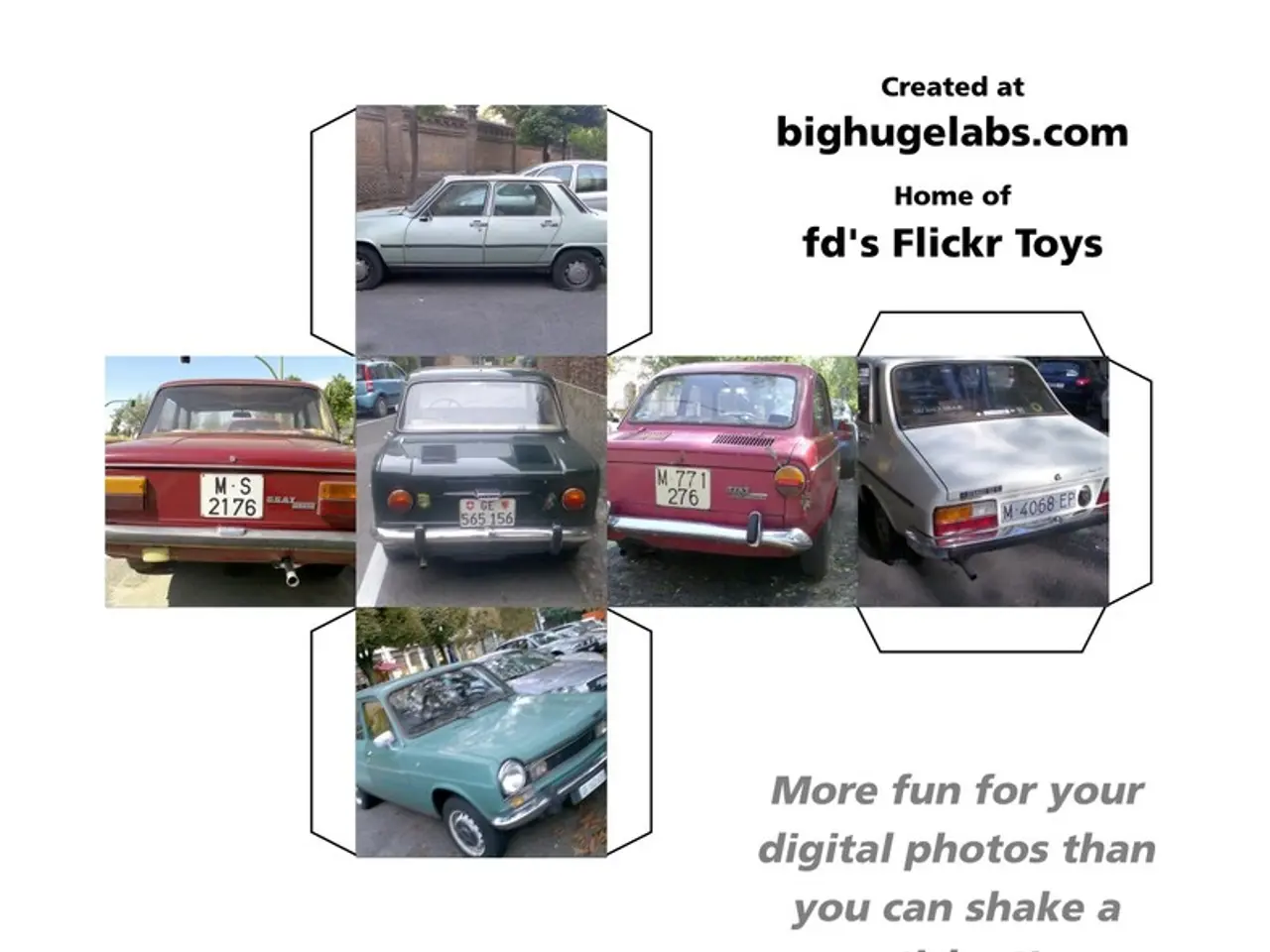Increase in Sales Predicted for Electric and Hybrid Vehicles (EVs and PHEVs)
The automotive market is witnessing a significant evolution, with electric and hybrid vehicles (EVs) becoming increasingly popular, according to a new study co-directed by GBK Collective and former senior automotive executive Brent Dewar, now Senior Advisor at WeaveGrid.
The study, which focuses on consumer consideration for battery-powered vehicles, highlights a surge in interest in the coming years. However, potential buyers still express concerns about ongoing costs and hassles such as battery replacement, charging infrastructure availability, vehicle range, and charging time.
Interestingly, consumers considering EVs or hybrids are more attracted by perceived environmental benefits than current EV owners (40% vs 56%). The total cost of ownership and anticipated end-to-end experience over the vehicle's lifecycle are significant factors for the next wave of potential electric-powered vehicle buyers.
The research also reveals a notable shift in vehicle preferences among EV and hybrid considerers. There's a stronger preference for SUVs and neutral color palettes.
Understanding how price, features, experience, and other factors influence evolving consumer decisions is crucial for automotive brands in attracting the next wave of EV buyers. GBK President Jeremy Korst states that this next group of potential EV buyers are more mainstream and pragmatic, with a discerning perspective on total cost of ownership and anticipated end-to-end experience.
Potential EV buyers are willing to pay on average $7,650 more for an EV compared to a gasoline-powered vehicle with similar features. However, almost half of consumers (47%) remain steadfast in choosing gas-powered cars, while 22% of consumers are only willing to consider an EV, PHEV, or HEV.
The study identifies essential focus areas for automotive and EV companies as they strive to attract the next wave of buyers. Hybrid considerers indicate lower operating cost per mile (67%), lower maintenance costs (55%), and the availability of tax incentives or rebates (47%) among their top reasons for considering purchasing or leasing an electric powered vehicle.
The profile of the next group of potential EV buyers in the U.S. is undergoing a significant transformation, moving from tech-savvy early adopters to a broader range of mainstream U.S. households.
The study places Toyota and Tesla as the clear frontrunners among those considering battery-powered vehicles, while Ford, Honda, and GM are well-positioned to capitalize on future EV and hybrid growth.
However, most of the new electric-only market entrants are still struggling to gain consumer mindshare. The auto industry's ability to deliver the right products at the right price points will be key to driving this shift. GBK's strategic research and analytics practice continues to grow, providing automakers and EV brands with actionable insights to meet the evolving needs of target customers.
Read also:
- Show a modicum of decency, truly
- Latest updates for July 31: Introduction of Ather 450S with expanded battery, unveiling of new Tesla dealership, and additional news
- VinFast's debut EV plant in India, Tata Harrier EV distribution starts, next-gen Mahindra Bolero sightings caught on camera
- Ford accelerates electric vehicle production with a $2 billion restructuring of its Kentucky factory.








